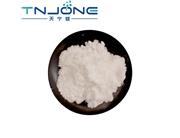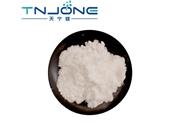Manufacturer Provide Pharmaceutical Materials API CAS 104987-11-3 99% Powder Fujimycin Prozraf

Introduction
Product Name: Fujimycin Prozraf
Other Name : Tacrolimus
CAS NO:104987-11-3
Purity: 99%min
Appearance:White powder
Molecular formula: C44H69NO12
MW:804.02
Melting Point :113-115°C
Boiling Point :871.7±75.0 °C(Predicted)
Density :1.19±0.1 g/cm3(Predicted)
Solubility :Freely soluble in DMSO or ethanol. Poorly soluble in water.Soluble in dimethyl sulfoxide, ethanol, water, acetone, chloroform, ethyl acetate, ether, methanol and dimethyl formamide.
Storage :Sealed in dry,Store in freezer, under -20°C.
Tacrolimus is an immunosuppressive drug whose main use is after organ transplant to reduce the activity of the patient's immune system and so the risk of organ rejection. It is also used in a topical preparation in the treatment of severe atopic dermatitis, severe refractory uveitis after bone marrow transplants and the skin condition vitiligo.
Function:
Tacrolimus works by inhibiting the activation and proliferation of T-lymphocytes, which are responsible for the body's immune response. Specifically, it binds to a protein called FK-binding protein-12 (FKBP-12), which then inhibits the activity of calcineurin, a key enzyme involved in T-cell activation. This results in reduced cytokine production and decreased immune response, ultimately preventing rejection of transplanted organs.
Application:
Tacrolimus is approved by the FDA for use in liver, kidney, and heart transplant recipients. It may also be used off-label to treat other autoimmune diseases such as rheumatoid arthritis and psoriasis. Tacrolimus is typically administered orally, either as a capsule or a liquid solution, and is sometimes combined with other immunosuppressive drugs such as corticosteroids.
In addition to its use in transplantation, Tacrolimus has been studied for its potential in treating other conditions such as atopic dermatitis, uveitis, and ulcerative colitis. It has also been investigated for its potential as an anti-cancer agent due to its ability to inhibit T-cell activation and proliferation. However, more research is needed in these areas to determine the safety and effectiveness of Tacrolimus in these indications.

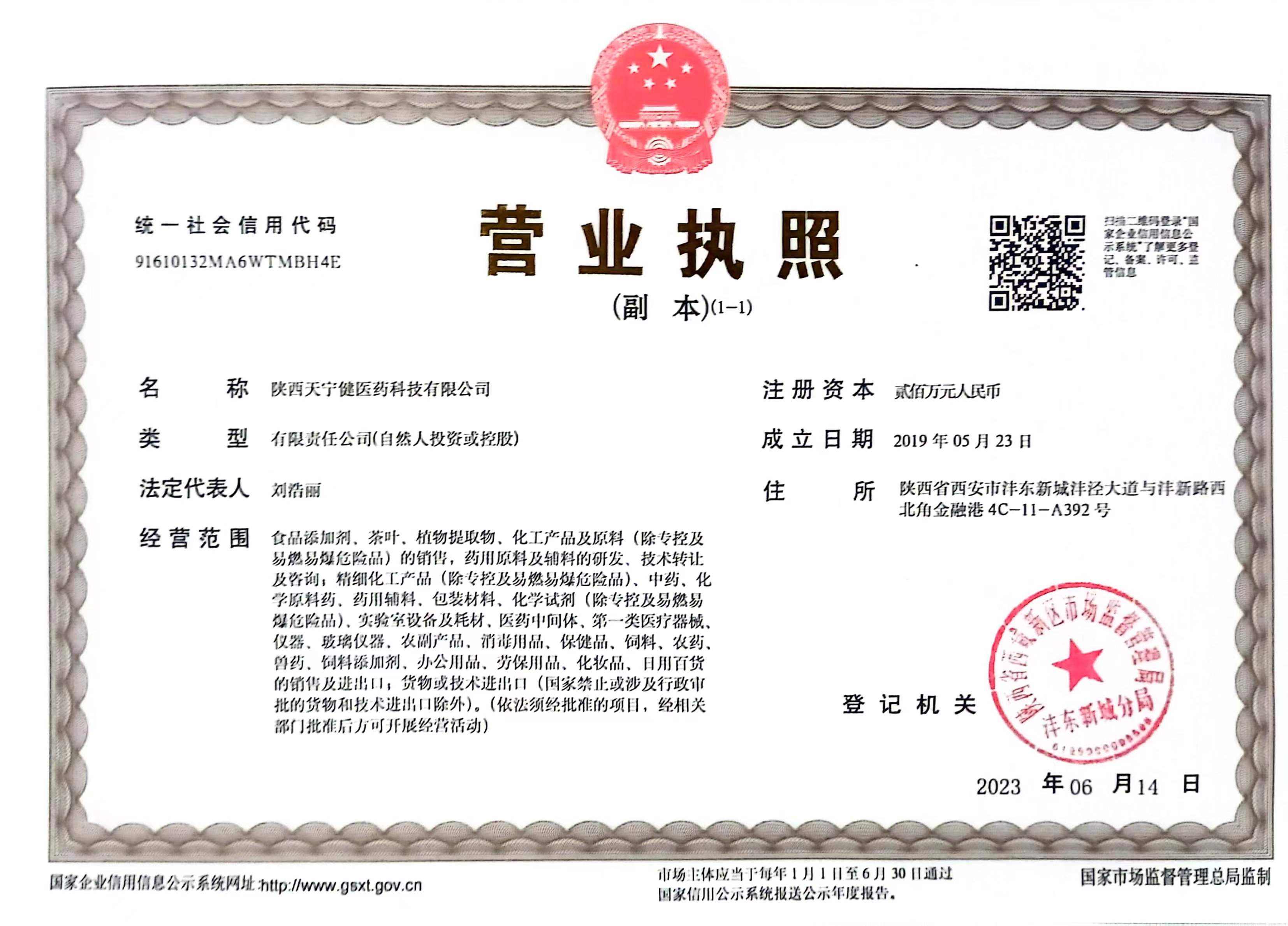
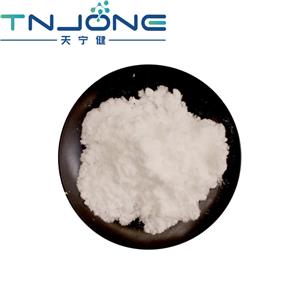


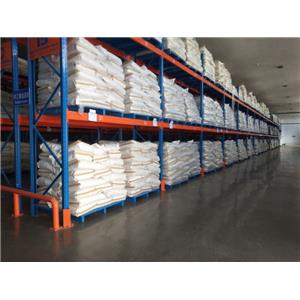


 China
China

